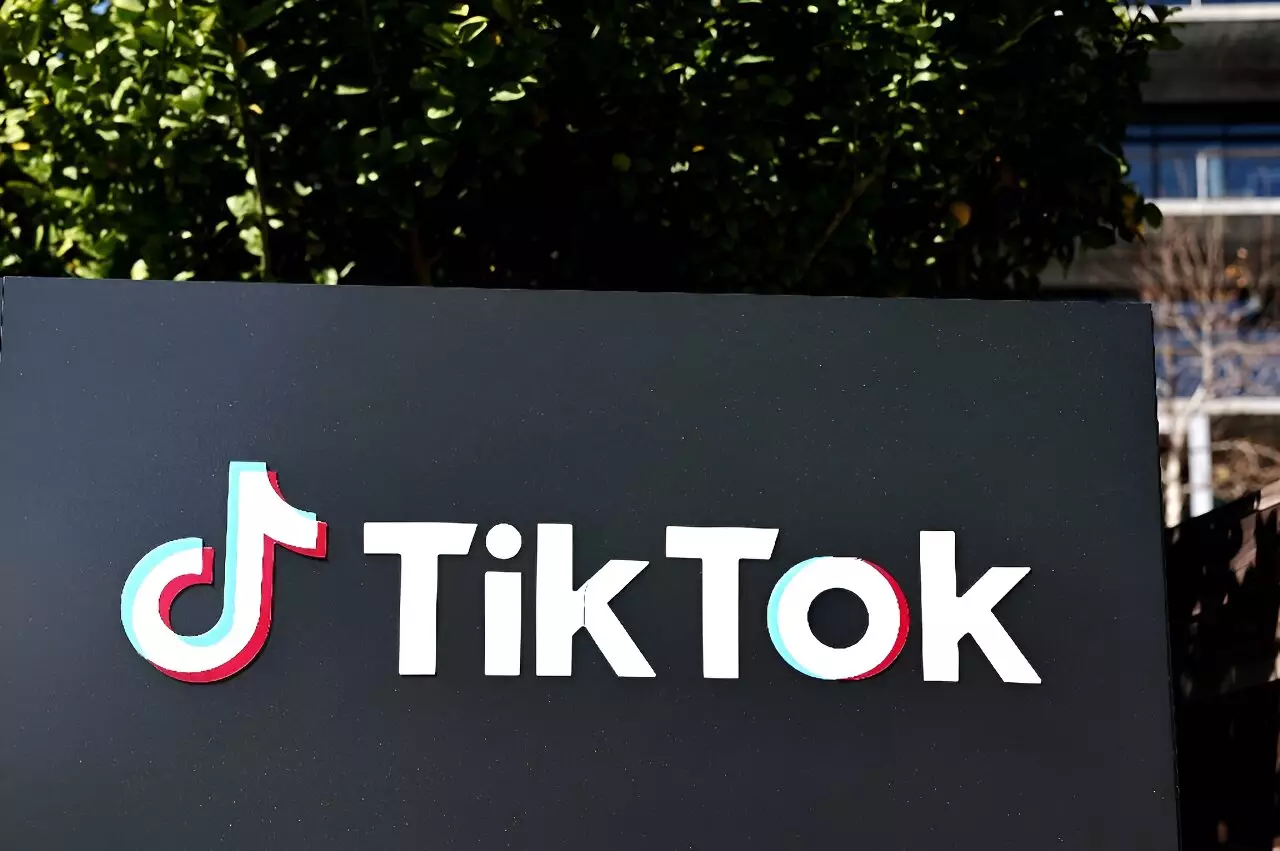TikTok creators are in an uproar following the approval of a bill by the House of Representatives that could potentially force TikTok to divest from its Chinese owner or face a ban in the United States. This proposed legislation has sparked outrage among creators, who argue that it lacks common sense and ignores financial implications. The implications extend beyond just the creators themselves, as the platform plays a significant role in the digital media industry.
Many TikTok creators, such as Ariella Elm and Nathan Espinoza, have expressed their concerns over the potential ban. Elm, a vocal political activist with a substantial following on TikTok, questions the motives behind the bill and compares it to the lack of scrutiny faced by other prominent figures such as Elon Musk. Meanwhile, Espinoza highlights the disconnect between lawmakers and the TikTok community, emphasizing the platform’s role in providing diverse political perspectives.
Espinoza also points out the significance of TikTok for small businesses when it comes to marketing. The potential ban could have far-reaching consequences for entrepreneurs and marketers who rely on the platform for outreach and engagement. Steven King, a lifestyle content creator with millions of followers, emphasizes the sense of community that TikTok has fostered, which sets it apart from other social media platforms.
As a platform popular among teenagers and young adults, TikTok could also influence future political outcomes. Espinoza, who recently turned 18, highlights the potential backlash from his demographic at the ballot box if the ban were to materialize. This sentiment is echoed by other young users who see the ban as a threat to their digital liberties.
While many TikTok creators oppose the proposed legislation, some users have a different take on the matter. Victor Pelatere, a 20-year-old resident of Boston, acknowledges the addictive nature of TikTok and the potential benefits of imposing restrictions. Similarly, Annmarie Fitzgerald, 22, expresses a more nonchalant view, suggesting that society would adjust if TikTok were to disappear.
The proposed legislation targeting TikTok has sparked a range of reactions among creators and users alike. While some creators vehemently oppose the ban due to its impact on their livelihoods and communities, others see potential benefits in regulating the platform. As the debate unfolds in the Senate, the future of TikTok in the United States hangs in the balance, with significant implications for the digital landscape and beyond.


Leave a Reply